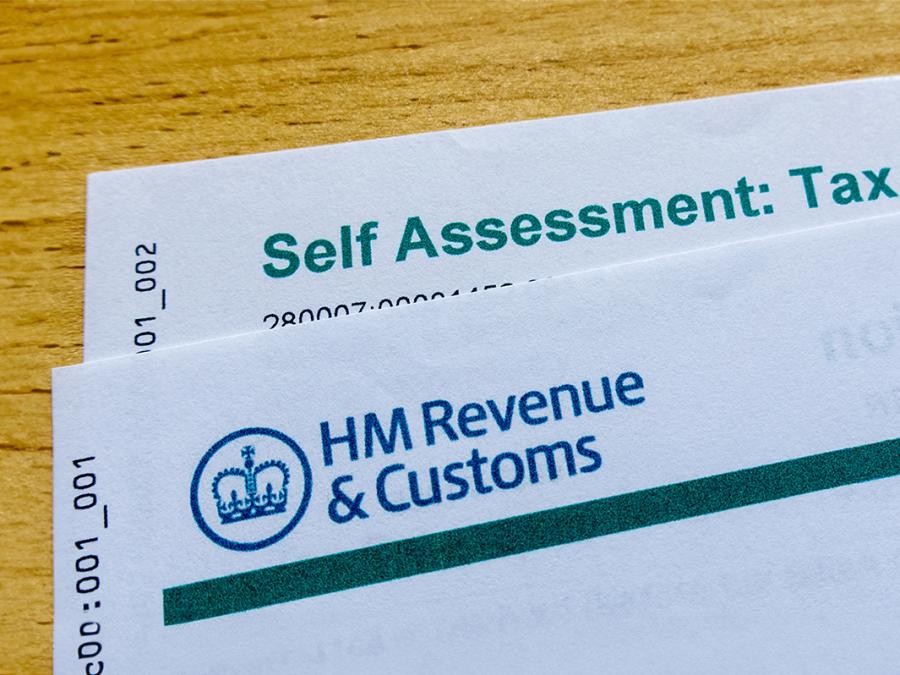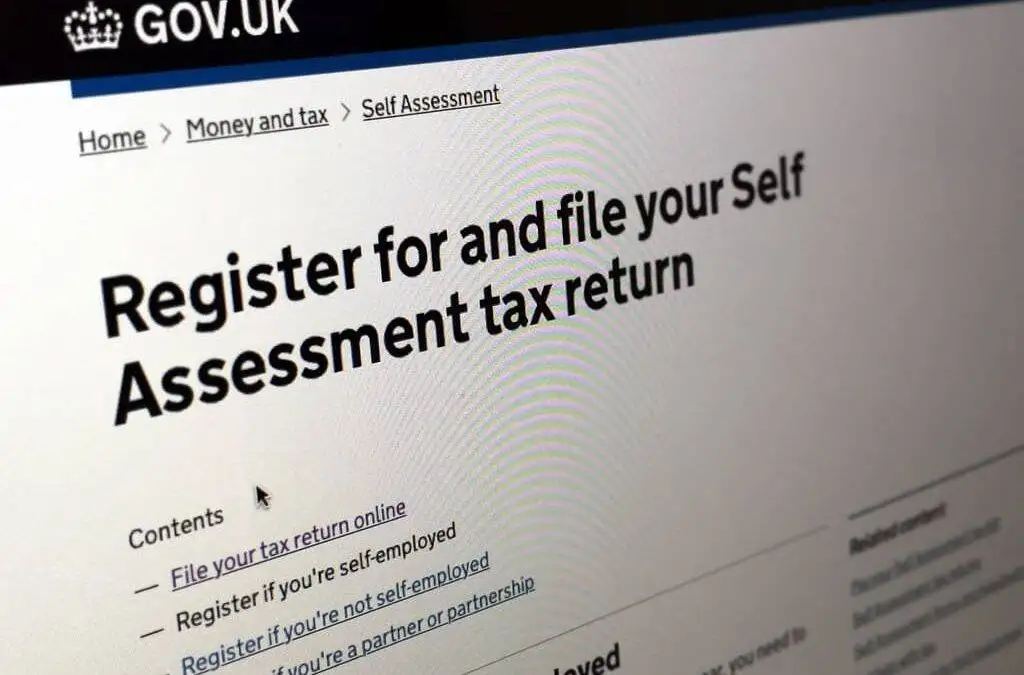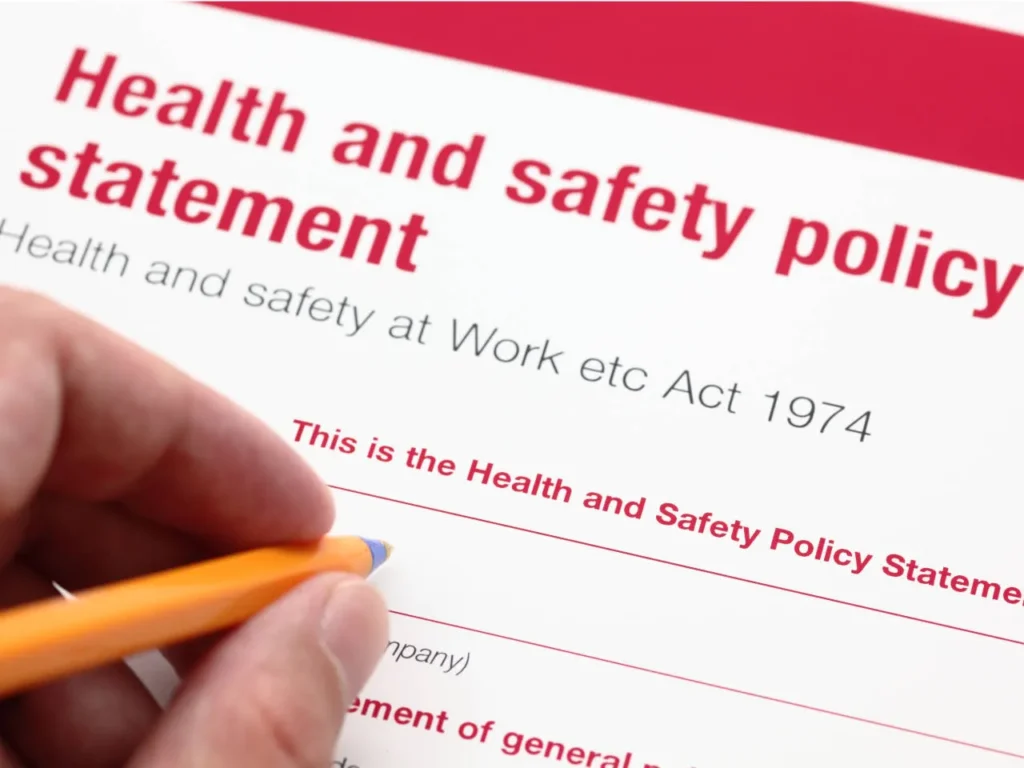How to Start a Bakery Business from Home

Your Ultimate Guide to Home Baking Success
Ready to turn your love for baking into a thriving business? Starting a cake business from home can be a rewarding venture. To start selling your delicious creations, focus on perfecting your home cake recipes and presentation. A successful home bakery requires not only baking skills but also savvy marketing strategies for promoting your business. Develop the essential skills to start and watch your passion thrive.
What Are the Steps to Start a Bakery Business from Home?
Starting a bakery business from home lets you turn your passion for baking into a flexible, enjoyable venture. You can work from home, set your own hours, and build something meaningful.
- Before selling, ensure your kitchen meets health standards by contacting your local environmental health department.
- Check local requirements for licences and permits.
- Then, plan your menu, set prices, and think about online promotion.
With the right planning, your home kitchen can become a successful small business that brings joy to your customers—and to you.
How to Create a Business Plan for Your Home Bakery?
A clear bakery business plan is the foundation of any successful small business. It helps you stay focused, make informed decisions, and grow your customer base over time.
- Start by outlining what types of baked goods you’ll offer and who your ideal customers are.
- Then, think about your pricing, how you’ll market your products, and how you’ll manage orders.
- Include basic financial goals, like expected costs and profits. Even a simple plan makes a big difference.
Your bakery business plan doesn’t need to be perfect—it just needs to guide you as you build your dream bakery.
What Skills Do You Need to Start Baking at Home?
To run a successful bakery, you’ll need more than just baking skills. Master the basics like precise measuring, baking times, and decorating—especially if you’re running a cake business.
Effective time management is crucial for balancing baking, cleaning, and orders. Strong customer service skills are also key for managing orders and maintaining client relationships.
Finally, marketing—particularly through social media—helps grow your customer base. With these essential skills, your bakery can flourish.
How to Register as a Self-Employed Baker?
When you decide to start baking professionally, one of the first steps is to register as self-employed with HMRC. This registration is essential for handling your tax responsibilities. As a baker, you’ll need to provide details about your earnings and expenses when filing taxes, but registering is a straightforward process. You can do this online through the HMRC website, and it’s free.


Once registered, you’ll have the flexibility to set your own hours, manage your workload, and build your business. This is a crucial step in ensuring that your home baking journey is both professional and profitable.
What Legal Requirements Are Involved in Starting a Home Bakery?
Starting a home bakery in the UK involves several legal requirements to ensure compliance with local authority’s regulations. First, you must register your business and complete food business registration to operate legally. Depending on the type of bakery you choose, you may need to prepare recipes and baking in a certified commercial kitchen to meet legal and health and safety standards. Additionally, managing your income and expenses is crucial for sustainability.
As you grow your home bakery business, consider how to stand out from the crowd by utilizing your kitchen space effectively. Many home-based food businesses thrive by offering unique products or services that appeal to customers. A small bakery can flourish with the right marketing strategies and a focus on quality.
How to Register as a Food Business with Your Local Authority?
To start a home baking business or a successful bakery business in the UK, you must register as a food business with your local authority. Contact them to understand the regulations, food hygiene standards, and necessary inspections. Whether running a bakery café or a business from home, invest in the right equipment. Secure liability insurance to protect your assets and open a dedicated business bank account. As your baking business grows, consider expanding premises. Always follow the Food Standards Agency guidelines for compliance when starting any food business.
What Health and Safety Regulations Must Be Followed?
When starting a business that involves selling food from home, following health and safety rules is essential. You’ll need to maintain a clean kitchen, handle food properly, and store ingredients safely.
Local councils may require you to register and follow specific guidelines for home-based food businesses. Regular inspections can also be part of the process to ensure your setup meets hygiene standards.
Staying up to date with any changes in these rules helps you stay compliant and protects both you and your customers—building trust and setting your business up for long-term success.

Do You Need Business Insurance for Your Bakery?
Starting a bakery is exciting, but it’s important to protect your business from unexpected risks. Business insurance helps cover damages to your equipment or property and gives you peace of mind as you grow.
Liability insurance is especially important—it can protect you if a customer claims food poisoning or injury linked to your products.
In many cases, local authorities may require proof of insurance when applying for licenses and permits.
Having the right coverage not only meets legal standards but also shows professionalism and builds trust with your customers from the very beginning.
How to Develop a Customer Base for Your Home Baking Business?
To grow a strong customer base for your home baking business, start by using social media to your advantage. Share eye-catching photos of your bakes and reply to comments and messages to build connections.
Offering free samples at local events or markets is a great way to let people try your products and hear what they think. Happy customers can help by telling their friends or posting about your business.
You could also set up a simple loyalty scheme to keep people coming back. Finally, make sure your branding is clear and consistent so your business stands out and is easy to recognise.
What Marketing Strategies Work for a Home-Based Bakery?
When it comes to marketing strategies for a home-based bakery, a combination of digital marketing for bakers and local marketing works best. First, focus on social media strategies for home bakers by sharing beautiful photos of your products and interacting with your target audience. This helps build an online presence for a bakery, making it easier to attract customers. Don’t forget to use marketing tips for a baking business, such as offering discounts or seasonal promotions. With the right baking business marketing and small business promotion, you can effectively promote your bakery and grow your customer base.
How to Leverage Social Media for Your Bakery Business?
To boost your bakery‘s visibility, you need a strong social media marketing plan. A well-crafted social media strategy helps you reach a wider audience and showcase your delicious baked goods. Platforms like Instagram and TikTok are perfect for posting engaging photos, videos, and behind-the-scenes content. These are among the best social media platforms for bakeries, offering great tools for promotion. Make sure your business name is clear and consistent across all channels for brand recognition. By building an online presence and interacting with followers, you can grow your customer base and increase sales.
What Role Does Your Business Name Play in Attracting Customers?
Your business name is the first impression customers have, making it vital for brand identity. A memorable name sparks curiosity and encourages customers to share it. It should reflect your bakery’s essence, helping customers quickly understand what you offer. In a competitive market, a unique name helps you stand out and attract customers who connect with your brand.
What Types of Baked Goods Can You Offer in Your Bakery?
When deciding what to offer, consider the type of bakery you want to run. Whether it’s a bakery café, gluten-free bakery, or vegan bakery, your menu is key to attracting customers. Focus on what your community wants and what sets your bakery apart. If opening a pastry shop, tailor your offerings to your target audience for a loyal customer base.
How to Decide on a Niche for Your Baking Business?
When starting a baking business, choosing a baking business niche is crucial for standing out in a competitive market. Focusing on a specific target market for baking allows you to tailor your offerings to meet the unique needs of your customers. Consider baking niche ideas like creating specialty baked goods for dietary preferences, such as gluten-free, vegan, or low-sugar options. By specialising in one area, you can position yourself as an expert and attract a loyal customer base. A well-chosen niche can also lead to a profitable baking business, as it helps you stand out and cater to a specific demand.
What Are Popular Baked Goods to Sell from Home?
If you’re starting a sugar-free bakery or a gluten-free bakery, offering popular and in-demand baked goods can help attract a steady stream of customers. Consider selling items like brownies and cupcakes, which are always favourites. These treats are perfect for home bakeries due to their relatively simple recipes and high demand. Additionally, if you plan to sell in bulk, a wholesale bakery model could be a great option, allowing you to supply local cafes or shops with your delicious creations. By focusing on high-quality, popular baked goods, you can cater to a wide range of tastes while growing your business.


How to Price Your Baked Goods Competitively?
When determining pricing for your baked goods, it’s essential to consider both expenses and the cost of ingredients, equipment, and labour. You’ll also need to account for any taxes, including VAT, and factor those into your overall price. To remain competitive, research the market price of similar products in your area and ensure your prices align with what customers are willing to pay. Balancing affordability with profit is key. While you want to stay competitive, make sure that your pricing covers all your expenses and generates a reasonable return to ensure your business remains sustainable.
What Challenges Do Home Bakery Business Owners Face?
Operating a home bakery comes with challenges, such as managing costs, fluctuating demand, and balancing baking with business tasks. Understanding these baking business difficulties is key to success. In this section, we’ll explore common challenges and provide tips on how to manage and overcome them effectively.
How to Manage Time Effectively as a Home Baker?
Managing time effectively as a baking business from home requires careful planning and organization. Begin by investing in quality baking equipment to streamline your processes. Differentiate the type of business you run to cater to specific customer needs, ensuring maximum efficiency.
While running your business, monitor your profit margin closely. It’s crucial to contact your local authority to understand regulations, especially concerning the environmental health service. Ensure your business premises meet all health and safety requirements to maintain a smooth operation.
What Are Common Mistakes to Avoid in Your Baking Business?
Even the most passionate bakers can run into trouble without the right baking business advice. One of the common mistakes in baking business ventures is poor planning, which can lead to overspending or disorganisation. Other common errors include underpricing your products, offering too many items too soon, or not keeping track of orders and ingredients.
There are also mistakes to avoid in home bakery operations, such as neglecting customer feedback or failing to market your products properly. These simple tips—like starting small, staying organised, and listening to your customers—can help your baking business grow smoothly and successfully.
How to Handle Customer Feedback and Complaints?
As a business owner, handling customer feedback well is key to building trust. While positive reviews are great, customer complaints can help you improve. Respond quickly and politely, and always aim to find a fair solution.
Showing you care about customer satisfaction encourages repeat business and loyalty. Listening and learning from feedback helps your bakery grow stronger over time.

How to Scale Your Home-Based Bakery into a Successful Business?
Scaling a small bakery run from home requires planning and smart decisions. Even from your home kitchen, you can grow your customer base and increase profits. In the following sections, we’ll explore how to take your business to the next level.
When Should You Consider Expanding Your Bakery?
Knowing when to grow your small business is key to long-term success. If you’re turning away orders, running out of space, or getting regular repeat customers, it might be time to consider expanding your business. These are strong signs that your home bakery is ready for the next step.
To grow your home bakery business, start by exploring new strategies—like offering delivery, introducing new products, or investing in better equipment. Expansion doesn’t always mean moving to a commercial space; sometimes, it’s simply about working smarter and increasing efficiency while still operating from home.
What Are the Benefits of Transitioning to a Retail Bakery?
Transitioning from a home bakery to a retail bakery offers exciting opportunities. A commercial space allows for increased production, a larger customer base, and stronger community presence. It also boosts your brand’s visibility and credibility.
Opening a cake shop or storefront gives you the chance to showcase your products, attract foot traffic, and offer a personalised customer experience. Though it brings added responsibility, this move can significantly grow your baking business and help turn your passion into a successful, full-time venture.
How to Maintain Quality While Growing Your Bakery Business?
To maintain quality while growing your bakery business, prioritize sourcing the finest ingredients. This ensures that every product meets your high standards.
Additionally, invest in staff training to uphold consistency in production methods. Regularly seek customer feedback to identify areas for improvement.
Lastly, implement strict quality control measures throughout your process, ensuring that growth does not compromise your bakery’s reputation.